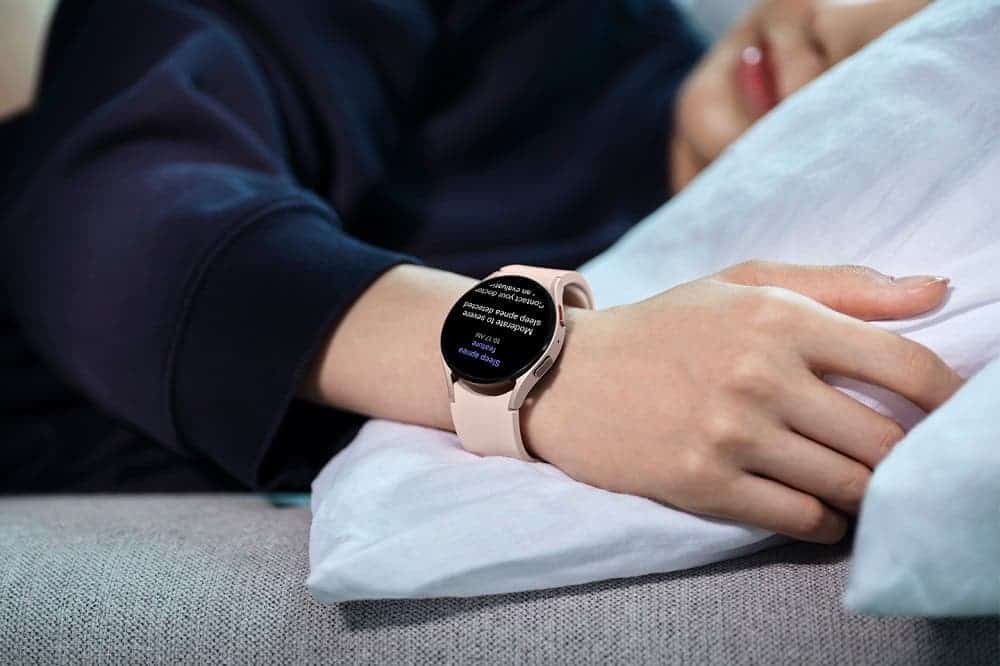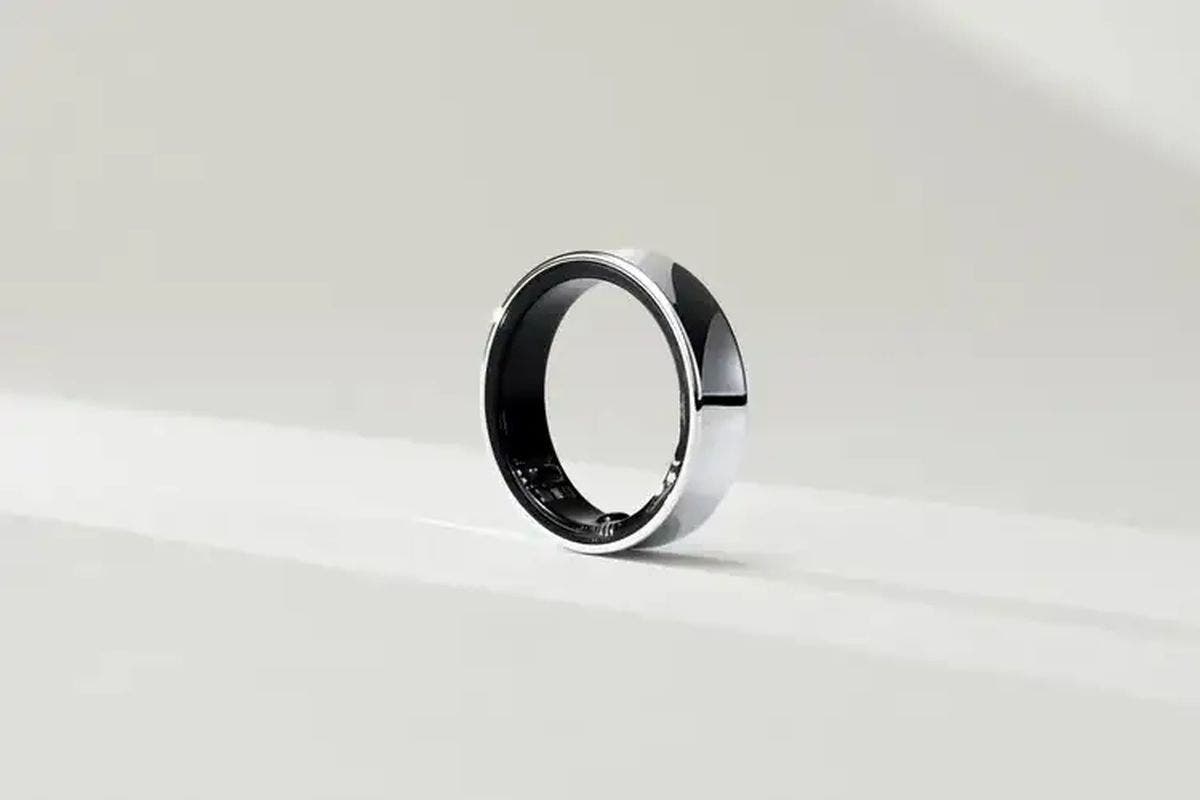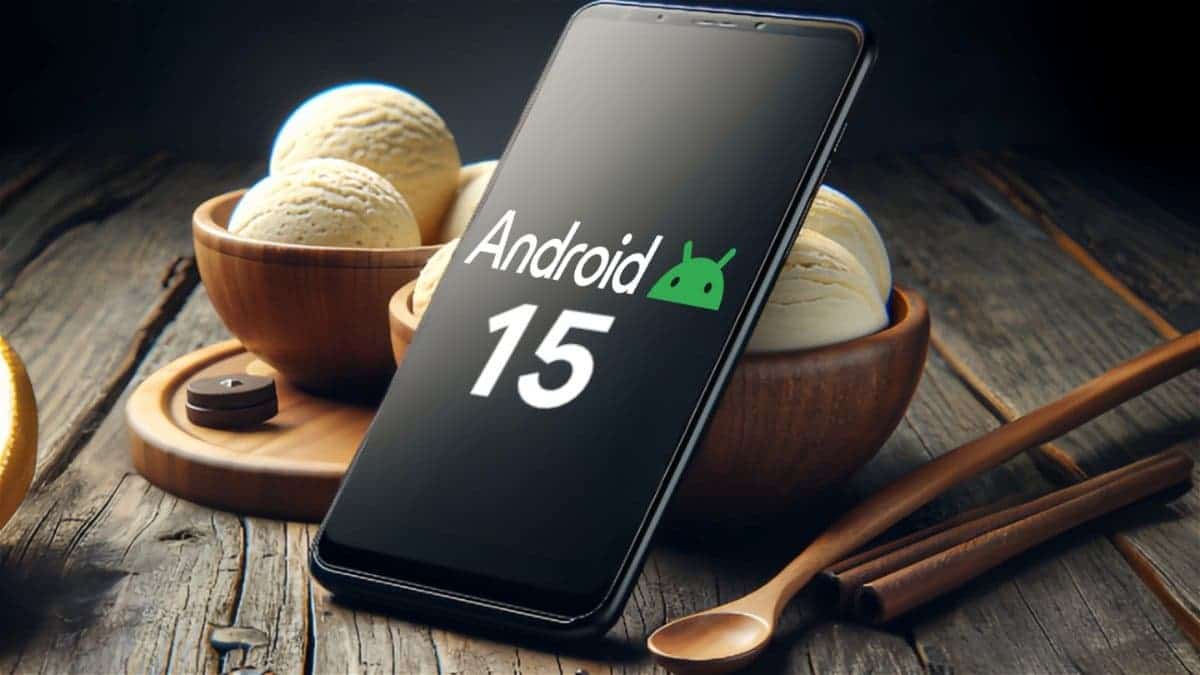Samsung, a global technology leader, has pioneered the wearable market for the past 25 years. The company is at the forefront of innovation, pushing boundaries and creating new device categories. Over the past decade, Samsung has made new strides in design, engineering and innovation, releasing game-changing products and creating entirely new device categories. Samsung recently released an infographic. On the one hand, it reviews the history of the company’s development in the wearable market over the past 25 years. On the other hand, it is also “showing muscles” to the world to show its leadership in the wearable market. The infographic reflects the deep strength built up in this area by the company.
According to the infographic, Samsung’s business is currently divided into 4 categories. The four categories are
- Smart watches
- Headphones
- Health tracking devices and
- Smart rings
Samsung’s journey with wearables began with the launch of the SPH-WP10 in 1999, the world’s first commercial watch phone. The SPH-S100, released a year later, added text input and voice dialing capabilities, while the 2003 Watch Phone featured a color OLED display. Samsung didn’t get into Bluetooth headsets until 2005 and has spent the last twenty-five years improving its wrist wearables. The Galaxy Watch6 series is the culmination of all these efforts, the Galaxy Fit3 is the more affordable offering, and when it comes to headphones, the Galaxy Buds2 Pro are the Korean company’s reigning champions so far.
Samsung Galaxy Ring
The existence of the Samsung Galaxy Ring is no longer the subject of speculation. The company has officially confirmed that it is ready to launch this wearable device. At Galaxy Unpacked 2024, Samsung didn’t reveal much about the Galaxy Ring. But the company unveiled it at MWC 2024 and some people got access to this device for practical testing. Sources suggest that the Galaxy Ring will be officially unveiled at Samsung’s next Unpacked event, which could be held in Paris in early to mid-July. However, there is no official release date from the company for this new device.
However, describing this device, Samsung calls it a small wearable that will be convenient for everyone. From the official image of this device, it looks like a simple wedding ring. However, we expect it to come with some cool tech features. Samsung’s description of the Galaxy Ring says
“The smallest wearable form factor for 24/7 wearability, offering simplified daily health and better insights.”
From the description above, it seems that when this ring is worn, it will be able to give some health data. Of course, it will be connected to a mobile phone via Bluetooth and all data will be received from the mobile phone.

Gizchina News of the week
The early beginnings of Samsung wearables
Samsung’s journey into the wearables market began in 1999 with the SPH-WP10 wearables, which were “the world’s first commercialized watch phone”. Although it was far from a modern smartwatch, it combined some features of the digital watch and feature phone of the era. The company continued to experiment with wearables, releasing the Watch Phone in 2003 and its first Bluetooth headphones in 2005.
The Gear Era
The real push for the smartwatch market came in 2013 with the launch of the Gear. This marked the beginning of Samsung’s serious foray into wearable technology, with the company starting to sell more than one wearable model a year. Samsung has released several versions of the Gear over the years, including the Gear S3 in 2016, which helped the company claim the number two spot in the global wearables market in Q1 2017.
Expanding the portfolio
Samsung’s wearables portfolio has expanded to include fitness trackers and wireless headphones with the launch of the Galaxy Fit 3 in 2020, which boasts huge improvements over previous generations and a complete redesign. The company also unveiled the Galaxy Watch 6, its latest line of smartwatches, and the Galaxy Buds 2 Pro, its high-end wireless earbuds.
The future of wearable technology
Samsung is not resting on its laurels. The company is looking back at its wearable history to mark its journey before the Galaxy Ring takes center stage later this year. The Galaxy Ring, a breakthrough in smart wearable technology, should provide nearly two weeks of battery life on a single charge and more advanced sleep tracking capabilities than current Galaxy watches.
Celebrating a quarter of a century
As Samsung celebrates 25 years in the wearable market, it’s not just about looking back at the past. The company is redefining the worlds of televisions, smartphones, wearables, tablets, cameras, digital devices, printers, medical equipment, network systems, and semiconductor and LED solutions. Samsung is the pioneering smartphone and HDTV leader in the US and one of America’s fastest growing home appliance brands.

Conclusion
In conclusion, Samsung’s journey in the wearables market over the past 25 years has reflected a remarkable evolution characterized by innovation, persistence and commitment to pushing the boundaries of technology. From the pioneering SPH-WP10, the world’s first commercial watch phone, to the upcoming Galaxy Ring, Samsung is constantly striving to redefine the wearable experience.
Through its diverse lineup of wearables, including smartwatches, headphones, health trackers, and now smart rings, Samsung has demonstrated its ability to adapt to changing consumer needs and technological advances. The company’s relentless pursuit of excellence has led to the development of cutting-edge products such as the Galaxy Watch series and Galaxy Buds, setting new standards in functionality, design and user experience.
As Samsung celebrates its 25-year milestone in the wearable market, it not only reflects its rich history, but also looks ahead to the future of wearable technology. With the upcoming launch of the Galaxy Ring and its promise of enhanced wellness features and extended battery life, Samsung continues to push the boundaries of innovation, shaping the future of wearable technology.
Beyond wearables, Samsung’s influence extends across a wide range of technology fields, confirming its position as a pioneering leader in smartphones, home appliances, digital solutions and beyond. As Samsung continues to redefine the consumer electronics landscape, its legacy of innovation and excellence remains steadfast, driving progress and shaping the way we interact with technology for years to come.
Samsung hits 25 years in the wearable market – to launch the Samsung Galaxy Ring







